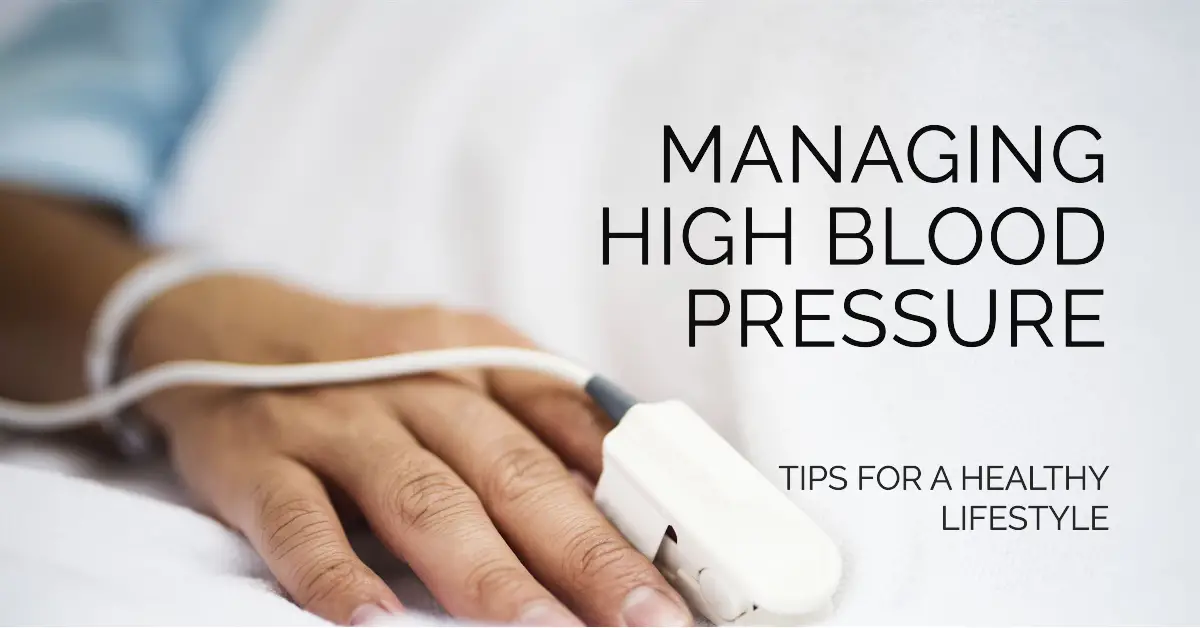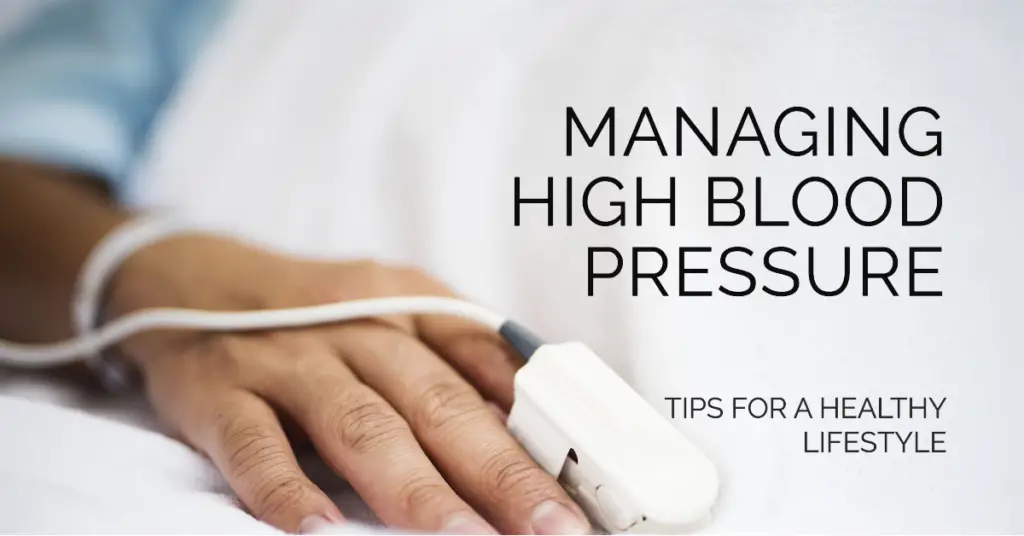
High blood pressure is a common condition that affects millions of people worldwide. It is a major risk factor for heart disease, stroke, and other health problems.
There are a number of things that can help lower blood pressure, including medication, lifestyle changes, and fasting.

Does Fasting Lower Blood Pressure?
There is some evidence to suggest that fasting can help lower blood pressure. A study published in the journal Hypertension found that people who fasted for 12 hours a day had lower blood pressure than those who did not fast.
Another study, published in the journal Nature Medicine, found that intermittent fasting (IF) can help lower blood pressure in people with prehypertension and hypertension.
Types of fasting: There are many different types of fasting, but some of the most common include:
- Intermittent fasting: This is a type of fasting where you alternate between periods of fasting and eating. There are many different ways to do intermittent fasting, but a common approach is to fast for 16 hours and eat during an 8-hour window.
- Alternate-day fasting: This is a type of fasting where you fast for 24 hours one day and eat normally the next day.
- Whole-day fasting: This is a type of fasting where you fast for 24 hours or more.
How Does Fasting Lower Blood Pressure?
The exact mechanism by which fasting lowers blood pressure is not fully understood. However, there are a few possible explanations.
One possibility is that fasting helps to reduce inflammation. Inflammation is a major factor in many chronic diseases, including high blood pressure.
Another possibility is that fasting helps to improve insulin sensitivity. Insulin is a hormone that helps the body to use glucose for energy. When insulin is not working properly, it can lead to high blood pressure.
Is Fasting Safe for People with High Blood Pressure?
Fasting is generally safe for people with high blood pressure. However, it is important to talk to your doctor before starting any fasting regimen.
If you have high blood pressure, it is important to make sure that you are getting enough electrolytes when you fast. Electrolytes are minerals that help to regulate the body’s fluids and blood pressure.
Benefits of fasting for high blood pressure:
In addition to lowering blood pressure, fasting has also been shown to have a number of other benefits for people with high blood pressure, including:
- Weight loss: Fasting can help you lose weight, which can help lower blood pressure.
- Improved insulin sensitivity: Fasting can help improve insulin sensitivity, which can also help lower blood pressure.
- Reduced inflammation: Fasting can help reduce inflammation, which is a major factor in many chronic diseases, including high blood pressure.
Risks of fasting for high blood pressure:
While fasting is generally safe for people with high blood pressure, there are some risks that you should be aware of. These include:
- Dehydration: It is important to stay hydrated when you are fasting. If you become dehydrated, your blood pressure could go up.
- Low blood sugar: If you fast for too long, your blood sugar could go too low. This could lead to symptoms such as dizziness, lightheadedness, and confusion.
- Electrolyte imbalance: Fasting can lead to an imbalance of electrolytes, such as potassium and sodium. This could lead to symptoms such as muscle cramps, fatigue, and irregular heartbeat.
Conclusion
Fasting can be a safe and effective way to lower blood pressure. However, it is important to talk to your doctor before starting any fasting regimen. If you have high blood pressure, it is important to make sure that you are getting enough electrolytes when you fast.




